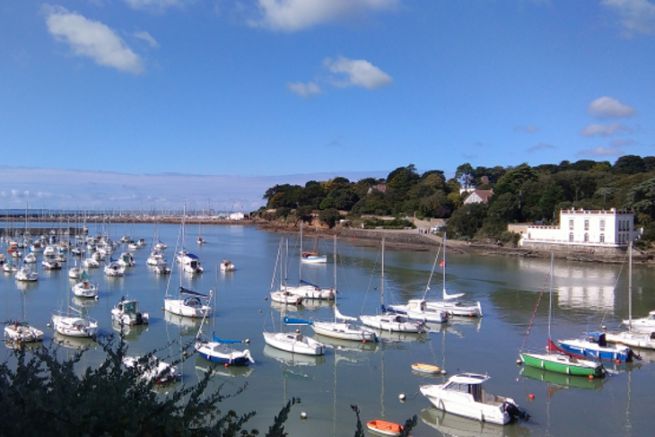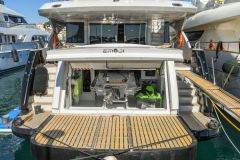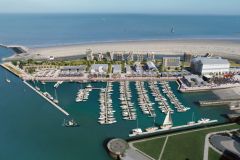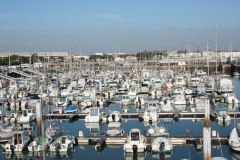No more coastal erosion, here are the coastal dynamics
The semantic nuance could lend itself to a smile in a political communication that often seeks to make problems disappear by changing the name. However, the choice of the report by Stéphane Buchou, Member of Parliament, on coastal land use planning to prefer the term coastal dynamics to erosion or retreat of the coastline is indicative of the spirit that guides it. The elected representative intends to move from an "anxiety-provoking" approach in the face of "an inevitable defeat" to "the invention of a new coastal urbanity, a project logic, capable of attracting support". He emphasizes the communities he met with are waiting for tools adapted to the problem. To this end, it proposes a series of recommendations which will necessarily affect the nautical industry and in particular marinas.
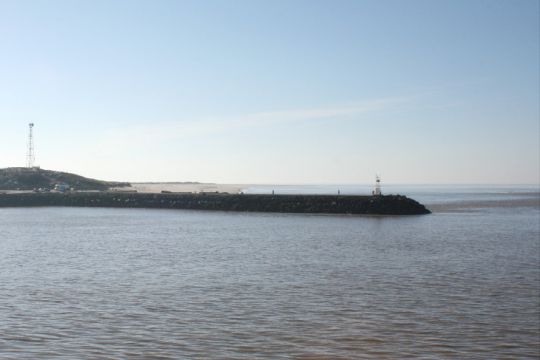
Litto21 projects and adaptations of the Littoral law
In the first part, the elected representative makes proposals to improve knowledge of the problems linked to coastal dynamics and its inclusion in the Urban Planning Code. In particular, it would like to see the Coastal Dynamics Observatories strengthened and information provided to buyers or tenants of properties in the impacted areas. Numerous nautical companies located on the seaside could be concerned.
As the main tool proposed by the report, the Litto 21 projects, managed on the scale of intermunicipalities, will have to develop strategies for the spatial recomposition of territories impacted by coastal erosion. The planning documents will then have to be adapted to the project. Special arrangements for the application of the Coastal Law in the area may be validated for a period of 10 years. An additional municipal tax in the coastal municipalities would allow the financing of Litto 21 projects. A ban on non-reversible constructions in Litto21 areas is being considered.
The intermunicipal level, chosen for Litto 21, is also favoured for the competence of marinas. This will probably enable a better integration of port projects into the general urban strategy and a reflection on the necessary resilience of waterway infrastructures to coastal dynamics, with the possibility of easy dismantling or relocation in the face of rising water levels.
